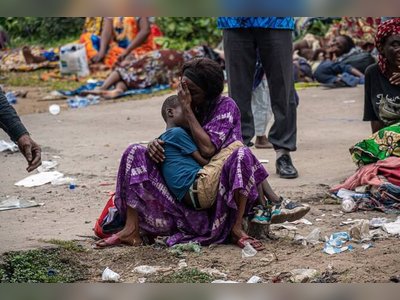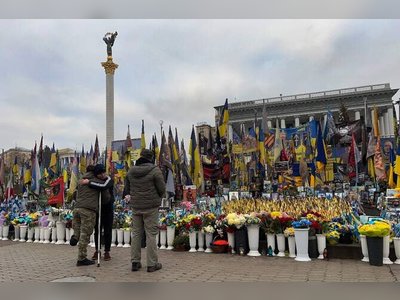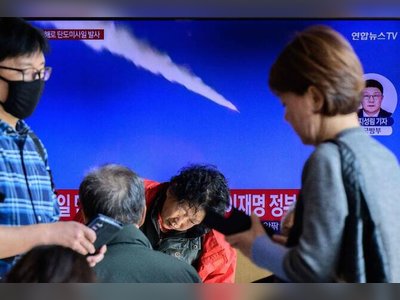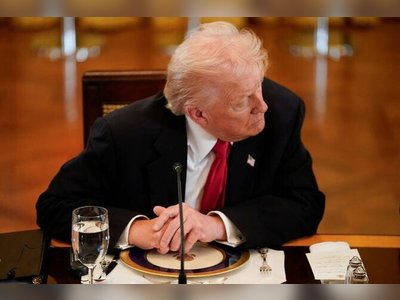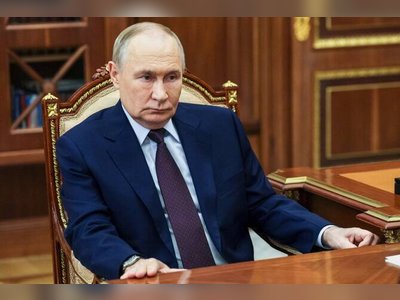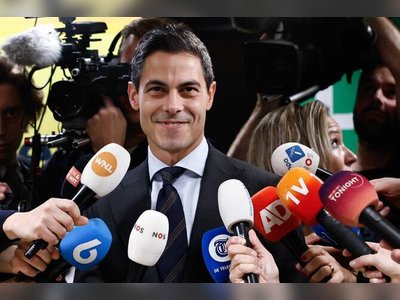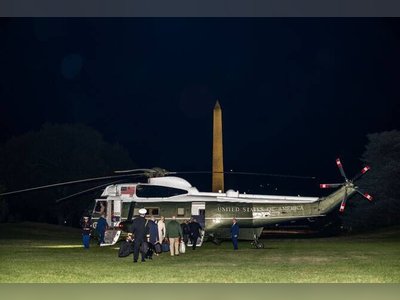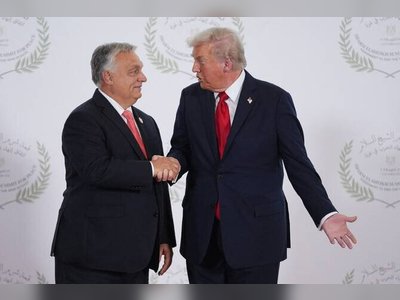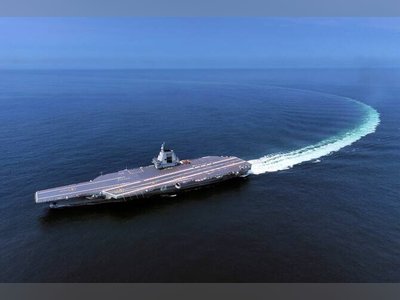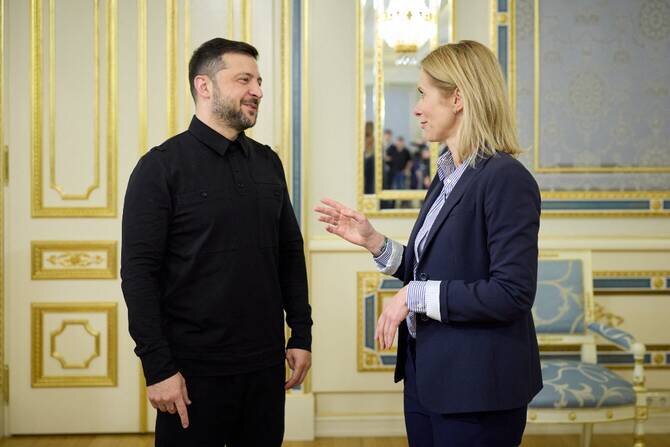
EU Restricts Visas for Russian Nationals Amid Rising Security Concerns
The European Union imposes stricter visa requirements on Russians, requiring them to apply for new visas each time they plan to travel.
BRUSSELS: The European Union (EU) has announced that it will deny multi-entry visas to Russian nationals in response to escalating security concerns nearly four years into the ongoing conflict in Ukraine.
EU foreign affairs chief Kaja Kallas emphasized this decision by stating, "Starting a war and expecting to move freely in Europe is hard to justify".
The visa restrictions come amid fears of Russian "hybrid warfare" within the EU, following incidents such as unauthorized drone sightings and airspace intrusions across several member states.
Under the new rules, Russian nationals will be required to apply for a new visa each time they intend to enter the EU, allowing for closer scrutiny of applicants to mitigate any potential security risks.
Exceptions have been made for independent journalists and human rights defenders deemed to have justified cases.
The EU has already implemented stricter travel controls on Russian diplomats stationed in its 27 member countries as part of new sanctions imposed last month.
Hawkish EU nations have long advocated for tighter visa restrictions on ordinary Russians, arguing that they should not enjoy free access for tourism while the war persists in Ukraine.
In response to the conflict, the EU suspended its visa facilitation agreement with Russia and instructed member states to deprioritize Russian visa applications.
According to Brussels, the issuance of visas to Russians has dropped from over four million prior to the war to approximately 500,000 in 2023.
However, EU diplomats have noted a recent increase in visa approvals.
France, Spain, and Italy are among the countries that grant the most visas to Russian nationals.
Proponents of stricter measures argue that ordinary Russians should feel more impact from the ongoing conflict.
Conversely, opponents urge the EU not to completely cut off Russians from Europe, advocating instead for targeted sanctions against those close to President Vladimir Putin.
Yulia Navalnaya, an opposition figurehead, recently warned that broad restrictions would be a "serious mistake" as they could bolster the Kremlin's narrative of European hostility towards all Russians.
She suggested that the EU should focus on pressuring the Russian leader by targeting his inner circle.
The EU's decision reflects its ongoing efforts to balance security concerns with the need for diplomatic engagement, especially as the conflict in Ukraine continues to impact geopolitical relations.
EU foreign affairs chief Kaja Kallas emphasized this decision by stating, "Starting a war and expecting to move freely in Europe is hard to justify".
The visa restrictions come amid fears of Russian "hybrid warfare" within the EU, following incidents such as unauthorized drone sightings and airspace intrusions across several member states.
Under the new rules, Russian nationals will be required to apply for a new visa each time they intend to enter the EU, allowing for closer scrutiny of applicants to mitigate any potential security risks.
Exceptions have been made for independent journalists and human rights defenders deemed to have justified cases.
The EU has already implemented stricter travel controls on Russian diplomats stationed in its 27 member countries as part of new sanctions imposed last month.
Hawkish EU nations have long advocated for tighter visa restrictions on ordinary Russians, arguing that they should not enjoy free access for tourism while the war persists in Ukraine.
In response to the conflict, the EU suspended its visa facilitation agreement with Russia and instructed member states to deprioritize Russian visa applications.
According to Brussels, the issuance of visas to Russians has dropped from over four million prior to the war to approximately 500,000 in 2023.
However, EU diplomats have noted a recent increase in visa approvals.
France, Spain, and Italy are among the countries that grant the most visas to Russian nationals.
Proponents of stricter measures argue that ordinary Russians should feel more impact from the ongoing conflict.
Conversely, opponents urge the EU not to completely cut off Russians from Europe, advocating instead for targeted sanctions against those close to President Vladimir Putin.
Yulia Navalnaya, an opposition figurehead, recently warned that broad restrictions would be a "serious mistake" as they could bolster the Kremlin's narrative of European hostility towards all Russians.
She suggested that the EU should focus on pressuring the Russian leader by targeting his inner circle.
The EU's decision reflects its ongoing efforts to balance security concerns with the need for diplomatic engagement, especially as the conflict in Ukraine continues to impact geopolitical relations.
